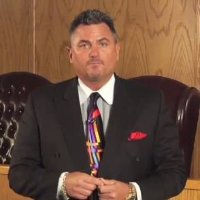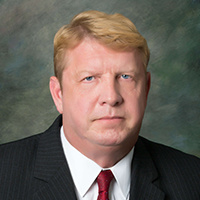Annapolis Junction DUI-DWI Lawyer, Maryland
Sponsored Law Firm
-
 x
x

Click For More Info:
-
James E. Crawford, Jr. & Associates, LLC
999 Corporate Blvd. Suite 100 Linthicum, MD 21090» view mapCriminal Defense, Divorce & Family Law Move Forward With Confidence
Our Firm's team of family, criminal, and business lawyers understand that each case presents unique challenges and must be met with equally unique approaches.
800-789-9220
Charles L. Waechter
✓ VERIFIEDBaltimore Criminal Defense Law Firm If you face criminal charges, an experienced and respected defense lawyer can help protect your rights, evaluat... (more)
James E. Crawford
✓ VERIFIED**Helping Good People in Tough Situations Since 1992** My name is Jim Crawford. I founded the Law Office of James E. Crawford, Jr., & Associates --... (more)
Oleg Fastovsky
Oleg Fastovsky is a lawyer in the state of Maryland who handles Criminal cases. He has tried cases in the areas of assault, drug charges, DUI, felon... (more)
FREE CONSULTATION
CONTACTFREE CONSULTATION
CONTACTFREE CONSULTATION
CONTACTFREE CONSULTATION
CONTACT James Crawford, Jr. Linthicum, MD
James Crawford, Jr. Linthicum, MD Practice AreasExpertise
Practice AreasExpertise




